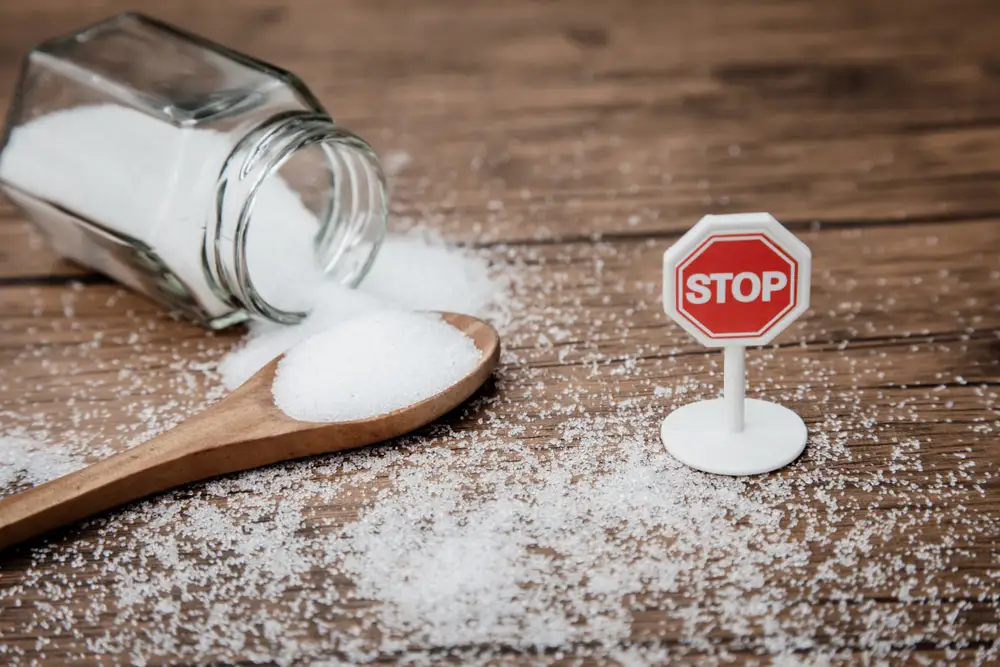Summer is on its way! Those words are music to the ears of many Australians. For most people, there is nothing better than hitting the beach for a BBQ and soaking up some rays. After all, sunny days are a big part of our culture. But they have a dark side too: skin cancer. Did you know that approximately two out of three Australians will be diagnosed with some form of skin cancer before they reach seventy? It’s alarming facts like these that really highlight the importance of a full body skin exam. In fact, Australia has one of the highest rates of skin cancer worldwide.
Of course, Queensland is known for its high temperatures and sunny days. So it’s no surprise that sadly, Queensland has some of the highest rates of skin cancer. With the ozone layer deteriorating and summer on its way, UV rays will be potent, to say the least! But how will a full body skin exam help? Well, there are many ways – and we have listed a few below!
It’s Simple: Early Detection Is The Key To Beating Skin Cancer
When it comes to full body skin exams, the benefits are many and varied. But there is one clear standout: early detection is the key to beating cancer. You have probably heard that before – perhaps in reference to another form of cancer. And it’s true! Early detection gives you the best chances of beating skin cancer. So what do you have to do? Well, that’s simple too – get a full body skin exam. Skin examinations are the best way to identify cancerous spots on your skin. Without a skin exam, you mightn’t know until it’s too late. However, if you get a skin exam, treatment can actually be very simple. If your doctor gets to the cancer before it is allowed to grow, you will probably have no troubles treating it. Seems like a pretty good reason to get a full body skin exam, right?
How Can A Full Body Skin Exam Help?
When you hear the phrase ‘full body skin exam’ you probably don’t feel all that enticed. In a way, it almost sounds kind of unpleasant. But, if you have had one before you would know that it’s quite the opposite. Full body skin exams are non-invasive procedures. They are really only centred on visually identifying potentially problematic spots on your skin. Once identified, your doctor will simply take a few extra steps to confirm whether or not the spot will need to be removed. In fact, the full body skin exam will probably only take 10-15 minutes. So don’t be afraid – 10-15 minutes is a small price to pay!
You Don’t Always Need A Doctor For A Full Body Skin Exam – Self-Examinations Are Important Too!
So have often do you need to have a full body skin exam? Well, that depends on a range of things. For example, you might want to consider your personal medical history, your family history and the amount of time you generally spend in the sun. Believe it or not, all of these contribute to the likelihood of you being affected by skin cancer. We recommend that you work with your doctor to establish a clear timeline of skin examinations – that way it’s all worked out for you! But what can you do in the meantime? After all, nobody can afford to let their medical care slip.
The best way to stay in touch with your skin is through frequent self-examinations. You can perform self-examinations for skin cancer, much like you can for a range of other cancers! It is simply a matter of staying in touch with your body. Keep an eye on any discolouration on your skin. And, most importantly, watch out for moles!
Got A Raised Mole? A Full Body Skin Exam Is Important
Got a suspicious mole somewhere on your body? Has it recently begun to itch, or change shape or colour? If so, don’t be alarmed – act! Book a full body skin exam with your doctor. Medical professionals have the tools and training to identify cancerous moles. Better still, they can treat them! Depending on the nature and size of your mole, there are a few treatment options that your doctor might pursue. What can you do? That’s easy – leave them to it.
Once you have booked your full body skin exam, you can breathe a sigh of relief. Your care is now in the hands of experienced professionals, who know exactly what needs to be done. They will communicate clearly with you and keep you updated as new information arrives. If your mole does display signs of being cancerous, then time is of the essence. Remember what we said about early detection? Get yourself in for a full body skin exam today.
For Peace Of Mind, Ask Your Doctor About Getting A Full Body Skin Exam!
So what is the common theme when it comes to full body skin exams? It’s simple: early detection. We cannot emphasise it enough – early detection is vital when it comes to treating or preventing skin cancer. And when it comes to the early detection of skin cancer, a full body skin exam is your best bet! They are easy too – you can get a full body skin exam with your local doctor. It only takes 10-15 minutes! In a place like Queensland, you simply can’t take chances. Especially not when the stakes are so high!
The sun is bombarding us with UV rays every day. And no matter how well you cover up, or how much sunscreen you put on this summer, the risk is always there. So don’t take any chances – get in for a full body skin exam as soon as you can! You never know what it might save you. It could save you long and uncomfortable treatment in the future. It could save you the stress that comes with skipping another skin exam. Or it could save your life.
Do you need a skin exam? Contact Algester Medical Centre on (07) 3711 2880 or book online now!
What Causes Mouth Ulcers? How To Treat & Prevent Them Effectively
Mouth ulcers are a common oral condition that affect most people at some point in their lives. They can be uncomfortable, but they are usually harmless and will heal within 10 to 14 days without treatment. Here’s everything you need to know about mouth ulcers, including what they are, what causes them, the best treatments,…
Acute Vs Chronic Medical Conditions
No matter how old or young you are, we are all susceptible to acute and chronic medical conditions. Both conditions differ in how long they last and how severe the diagnosis is. An illness or condition can be as simple as the flu, or in a more severe case cancer or arthritis. Whether it is…
How Much Sugar Per Day?
Sugar is a type of carbohydrate and a source of energy for our bodies. It can occur naturally in foods like fructose in fruit, glucose in fruits and vegetables, and maltose in wheat and barley. However, manufacturers also often add sugar to extend the shelf life of foods, improve their appearance and/or make them taste…




